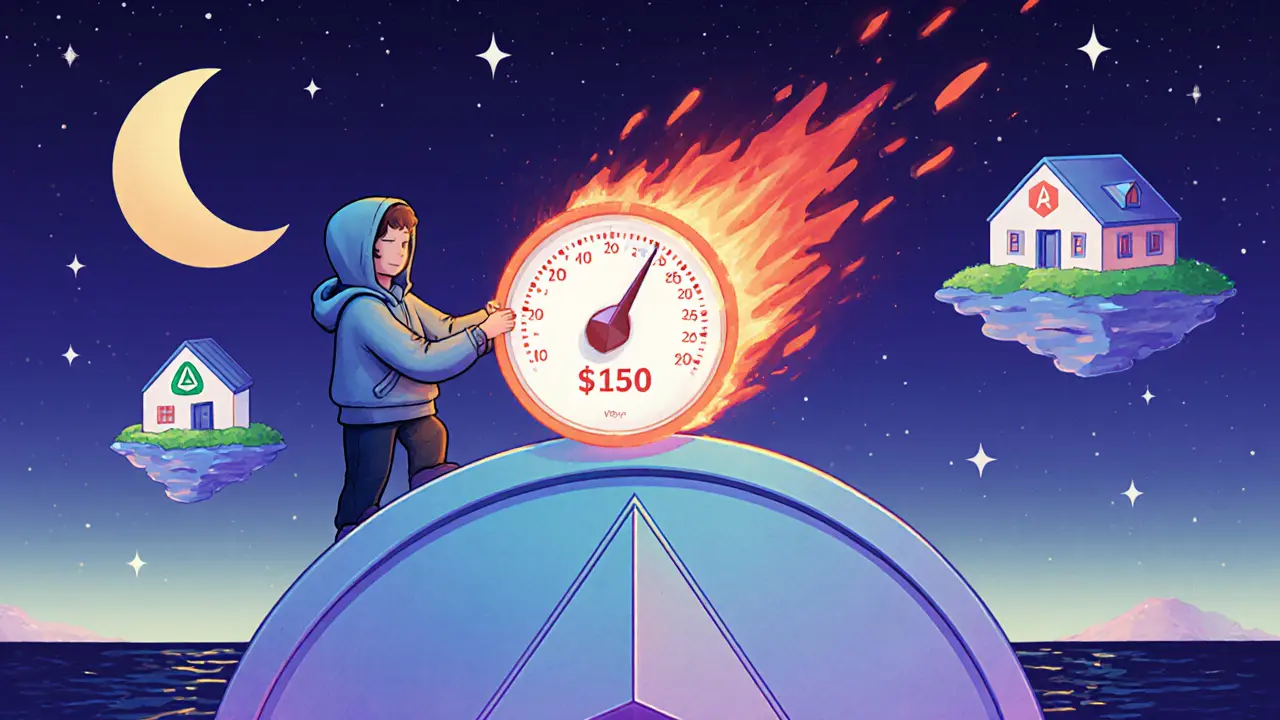Smart Contract Gas Fees: What They Are, Why They Matter, and How to Save
When you interact with a smart contract, a self-executing program on a blockchain that runs when conditions are met. Also known as on-chain code, it doesn’t need a middleman to work—just fuel. That fuel is called gas fees, the cost paid to miners or validators to process and confirm transactions on a blockchain. Every time you swap tokens, stake ETH, or join a DeFi protocol, you’re paying gas. It’s not a fee like a bank charge—it’s a market-driven price for computing power on the network.
Gas fees aren’t fixed. They jump when the network gets busy. On Ethereum, if you’re trying to buy a new token while everyone else is doing the same, your transaction might sit in a queue until you raise your bid. That’s why you sometimes see $50 gas on a $20 trade. It’s not the contract being expensive—it’s the network being crowded. Other chains like Polygon or zkSync have much lower fees because they handle more transactions per second. But if you’re using Ethereum, you’re competing with thousands of others for space in the next block. This is why DeFi fees, the total cost of using decentralized finance apps, including gas and protocol charges. can surprise new users. You might think you’re buying a token for $100, but after gas, you’ve spent $150.
There are ways to cut these costs. You can wait for quieter times—late at night or weekends on Ethereum. You can use layer-2 solutions like Arbitrum or Optimism, where gas is a fraction of the cost. You can set your own gas limit and price using tools built into wallets like MetaMask. And you can avoid tiny transactions—like sending fractions of a cent—because the gas fee stays the same no matter how small the amount. Many people don’t realize that gas optimization, the practice of reducing transaction costs through timing, chain choice, or batched actions. is a real skill. It’s not magic. It’s just knowing when to act and where to act.
What you’ll find below are real examples of how gas fees hit users—sometimes hard. From memecoins that cost more to buy than they’re worth, to DeFi protocols that drain wallets with hidden gas traps. You’ll see how people lost money not because the token crashed, but because they paid $40 in gas to trade a $5 coin. You’ll also find guides on how to pick chains with lower fees, how to time your swaps, and how to spot scams that trick you into approving endless spending. This isn’t theory. It’s what people actually deal with every day on the blockchain.
Cost of Executing Smart Contracts on Different Blockchains in 2025
Smart contract execution costs vary widely across blockchains-from $0.00025 on Solana to $50+ on Ethereum. Learn how gas fees work, which chains are cheapest, and how to avoid costly mistakes in 2025.



